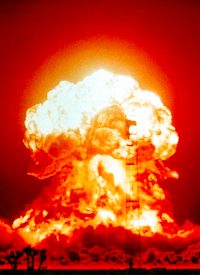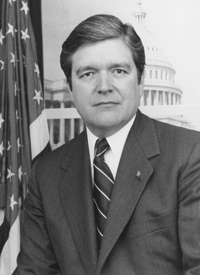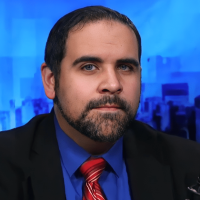
On Friday, July 9, 2010, a day after the ten accused Russian spies pleaded guilty in the US District Court in Brooklyn, New York, they were all quickly sent back to Russia as part of a negotiated Cold War-style "spy swap."
Among the ten spies, now returned to Moscow, was the couple who for a little more than a decade resided in Cambridge, a small city in Middlesex County, Massachusetts, in the Greater Boston area. The two posed as French-Canadian immigrants under the aliases "Donald Howard Heathfield" and "Tracey Lee Ann Foley."
In court, they admitted they were really Andrey Bezrukov and Elena Vavilova, citizens of Russia.
On Sunday, July 11, on NBC’s Meet the Press, White House spokesman Robert Gibbs adamantly stressed that the Russian spies "never managed to pass on any classified information despite working in the United States for more than a decade."
Gibbs further elaborated, "Individuals have been monitored for quite some time. They tried but they never got classified information and intelligence."
Gibbs’ representation that sensitive information was not leaked contradicts the official 37-page charges presented to the District Court by FBI counterintelligence agent Maria L. Ricci.
Page 8 of the document reveals that in 2004 "DONALD HOWARD HEATHFIELD, the defendant, met with an employee of the United States Government with regard to nuclear weapons research."
The document further goes on to state that on or about October 2, 2004, "TRACEY LEE ANN FOLEY, the defendant, discussed with HEATHFIELD a method for sending secret messages to Moscow Center."
For a period of several years, at the behest of Moscow Center, Heathfield and Foley, now known actually to be Andrey Bezrukov and Elena Vavilova, transmitted a variety of messages back to their handlers at Moscow Center.
According to page 32, one such message, dated December 3, 2004, read in part: "During the seminar at [location omitted] Dv made contacts w. [name and title, omitted] working for [a United States Government research facility, name omitted] in [geographical location of facility, name omitted]. He works on issues of strategic planning related to nuclear weapon development. Dv. had conversations with him about research programs on small yield, high penetration nuclear weapons recently authorized by US Congress (nuclear ‘bunker-buster’ warheads)" (emphasis added).
Who was the "employee of the United States Government with regard to nuclear weapons research" whom Bezrukov met with in 2004? What information was divulged with regard to the recently congressionally-authorized nuclear "bunker-buster" weapons?
Lacking the necessary internal security structure, such as the kind authorized by the Internal Security Act of 1950 (also known as the McCarran Act), Congress will not conduct an extensive full congressional investigation that would answer those and additional questions.
Unfortunately, with the return of all ten spies to Russia, whatever secrets they many have uncovered may never be known as they too are now in Russia.
Perhaps the answer will be known when Russia test detonates its own nuclear "bunker-buster" warhead, just as the United States learned when the Soviet Union detonated its first nuclear bomb in August, 1949, following the Rosenbergs’ divulging of US nuclear secrets to Moscow.
In regard to the current internal security apparatus of the United States, former Chairman of The John Birch Society and Western Goals Foundation, Congressman Larry McDonald (D-Ga.), said in the 1982 documentary No Place to Hide — The Strategy and Tactics of Terrorism:
Many of the laws have been eroded by Supreme Court decisions, by reinterpretations of the Supreme Court. At the same time, the Congress has not fulfilled its function of oversight; the House Internal Security Committee was disbanded by parliamentary maneuver in early 1975. The Senate Internal Sub-Committee has just recently been reestablished, in an abbreviated form. The Attorney General’s list of subversives is no longer used in hiring for government positions. You have the Internal Security Division of the Justice Department has been abolished. You have the Subversives Activity Control Board has been abolished. You have the intelligence units of metropolitan police force forces have either been abolished… We’ve seen the counterintelligence units of the Army, Navy and Air Force no longer active, at the local or the domestic scene. So the layers of protection that we had … have been stripped away. It’s necessary to start rebuilding those layers.
On January 18, 1979, McDonald reintroduced H.R. 48, a resolution to reconstitute the House Internal Security Committee. The bill received 157 co-sponsors, but was only referred to committee, where it died.
The case that McDonald made in 1979 and 1982 is just as relevant, if not more so, today for the need to restore the nation’s internal security investigation capabilities. The revelation of this Russian espionage network and hasty return of the agents to Russia, perhaps with nuclear "bunker-buster" warheads, proves this to be the case. Larry McDonald was and remains right; it is "necessary to start rebuilding those layers."





